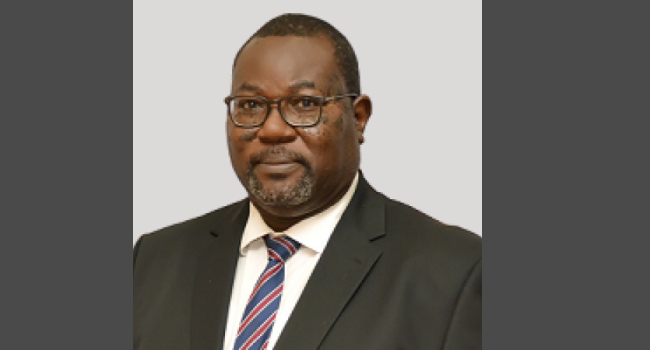Soil Scientist Warns Against Planting Crops at Dumpsites, Advocates for Food Security Measures
A renowned soil scientist from the Michael Okpara University of Agriculture Umudike (MOUAU) in Abia State, Nigeria, has sounded a stern warning to farmers against planting crops in dumpsites, citing the severe health risks associated with it. According to Professor Mabel Ifeoma Onwuka, the presence of heavy metals like mercury, lead, chromium, and thallium in dumpsites could be absorbed by crops, leading to cancer and other health conditions.
Professor Onwuka made this statement during a community outreach program organized by the Peri-Urban Agricultural unit of the National Roots Crops Research Institute (NRCRI) at Umuajata Olokoro, Umuahia South LGA. She warned that the poor soil texture in the southeast region, exacerbated by cultural practices such as bush burning, population pressure, climate change, and indiscriminate use of fertilizers, would lead to poor yields and food insecurity if left unchecked.
The professor also highlighted the recent surge in the price of food items, urging Nigerians to take the initiative to grow some of the crops they consume. To achieve this, she demonstrated Biochar Production, a technique that converts domestic and agricultural waste into organic fertilizer. Professor Onwuka encouraged Abia farmers to leverage MOUAU’s community services to boost food production and overcome the challenge of accessing fertilizers faced by rural women.
The essence of the rural outreach, Professor Onwuka emphasized, is to extend new research innovations to farmers, enabling them to produce more food and improve food security in Abia and Nigeria as a whole.


